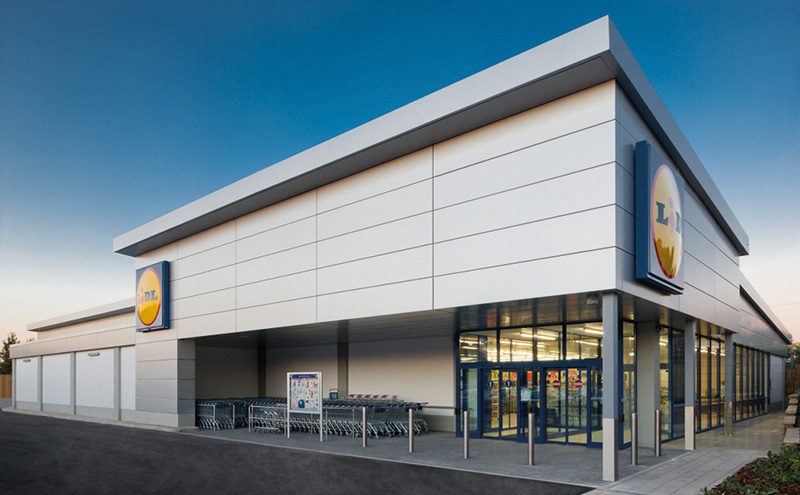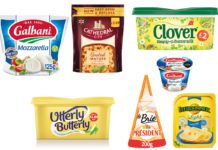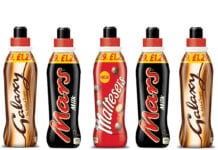UK symbol groups have been investing heavily in their ranges of own-label products. But new research from FMCG market intelligence company IRI says own-labels built up over many years by the supermarket industry across much of the world have seen declining market share. And it’s all to do with the rise of discount retailers, especially Aldi and Lidl.
The IRI report Private Label in Western Economies, which analysed private-label sales trends and price and promotions across the UK, France, Germany, Italy, Spain, and the Netherlands as well as US and Australia, saw private label’s value market share in Europe fall by 0.6 points to 38.3% in 2015 compared to the previous year.
And while the UK remains the country with the strongest penetration of private label (51.8%), value share was down year on year by 0.4 value share points in UK supermarkets.

However, including the discounters, the value share of private label in the total UK market was up year on year by 0.4 value share points, as measured by Kantar Worldpanel UK, which includes stores in the discounter channel and other big private label food retailers, such as M&S, said IRI.
The researcher suggested that there are “encouraging signs of economic growth in Europe”, with GDP up, wage inflation, and unemployment slowing or stabilising.
But it said the story for the UK is dominated by shoppers moving to the discounters, as Aldi and Lidl look to increase their share of grocery spend and compete directly with supermarkets’ private label products.
It found the UK’s largest retailers are reducing their ranges of items stocked, to simplify things for shoppers and reduce costs. The overall average reduction across 2015 saw ranges diminished by 5%, but in one major multiple they were down 10%. Although private label ranges have been reduced more quickly than national brands, national brands are also affected IRI said.
Tim Eales, director of strategic insight at IRI, said: “We’ve seen an over-abundance of products on the shelves across many of the countries, not just the UK – there is simply too much choice for the average consumer today and private-label is often the victim of cuts to the number of products that appear on store shelves.”
IRI’s UK shopping basket also showed that private-label prices are slowly getting closer to national brands’ prices as private-label trade promotion support is reduced.













